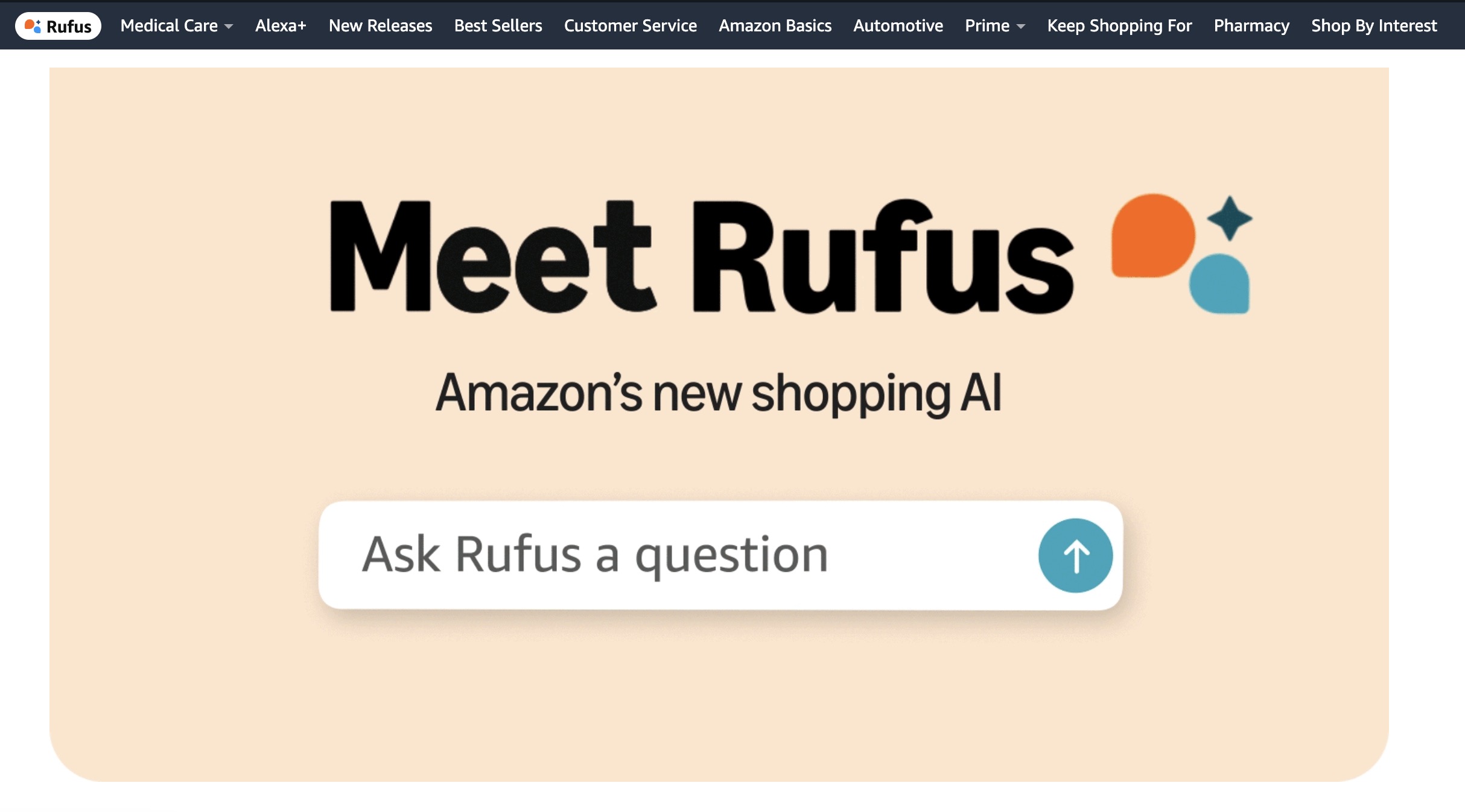Why Forward-Thinking E-Commerce Brands Are Using WhatsApp and AI Tools Together
The e-commerce landscape is evolving rapidly, and brands that want to stay ahead are leveraging powerful combinations of messaging platforms and AI tools. Among these, WhatsApp has emerged as a key player, especially when integrated with AI-driven solutions. Forward-thinking companies using WhatsApp are discovering that this pairing enhances customer engagement, streamlines operations, and drives sales like never before.
In this article, we’ll explore why e-commerce brands are adopting WhatsApp and AI together, the benefits they’re experiencing, and how your business can implement this winning strategy.
The Rise of WhatsApp in E-Commerce
WhatsApp boasts over 2.7 billion monthly active users, making it the most popular messaging app globally. Its widespread adoption presents a massive opportunity for e-commerce brands to connect with customers where they already spend their time. Unlike traditional email or SMS marketing, WhatsApp offers a more personal, instant, and interactive way to engage shoppers.
Many companies using WhatsApp have reported higher open and response rates compared to other channels. With features like:
● Instant messaging for real-time customer support
● Broadcast lists for targeted promotions
● WhatsApp Business API for automation and scalability
It’s no surprise that brands are making WhatsApp a cornerstone of their digital strategy.
How AI Supercharges WhatsApp for E-Commerce
While WhatsApp alone is powerful, integrating AI tools takes its capabilities to the next level. Here’s how AI enhances WhatsApp for e-commerce:
1. AI-Powered Chatbots for 24/7 Customer Support
One of the biggest challenges in e-commerce is providing instant customer service. AI-driven chatbots on WhatsApp can:
● Answer FAQs instantly
● Process orders and track deliveries
● Recommend products based on browsing history
● Resolve common issues without human intervention
This ensures customers get immediate assistance, reducing cart abandonment and boosting satisfaction.
2. Personalized Shopping Experiences
AI analyzes customer behavior, purchase history, and preferences to deliver hyper-personalized recommendations via WhatsApp. For example:
● Sending tailored product suggestions
● Offering exclusive discounts based on past purchases
● Reminding customers of abandoned carts with personalized messages
Brands using WhatsApp with AI see higher conversion rates because the shopping experience feels custom-made for each user.
3. Automated Order Updates & Transactional Messages
AI can automate order confirmations, shipping updates, and delivery notifications via WhatsApp. This reduces the workload on customer service teams while keeping buyers informed in real time.
4. Smart Segmentation & Targeted Campaigns
AI helps segment customers based on demographics, purchase behavior, and engagement levels. Companies using WhatsApp can then send highly targeted promotions to the right audience, increasing ROI on marketing spend.
5. Sentiment Analysis for Better Engagement
AI tools can analyze customer messages to detect emotions and intent. If a shopper seems frustrated, the system can escalate the conversation to a human agent, ensuring a seamless experience.
Real-World Success Stories
Several forward-thinking brands have already harnessed the power of WhatsApp + AI:
● JioMart (India): Uses WhatsApp for order placement, tracking, and customer support, powered by AI chatbots.
● H&M: Leverages WhatsApp for personalized style recommendations and automated customer service.
● Zara: Sends order updates and exclusive deals via WhatsApp, enhancing customer retention.
These companies using WhatsApp and AI have seen improved efficiency, higher sales, and stronger customer relationships.
How to Implement WhatsApp + AI in Your E-Commerce Business
If you’re ready to adopt this strategy, follow these steps:
1. Set Up WhatsApp Business API
● Register for WhatsApp Business API (via providers like Twilio or MessageBird).
● Ensure compliance with WhatsApp’s policies.
2. Integrate an AI Chatbot
● Choose an AI platform like Dialogflow, ManyChat, or Chatfuel.
● Train the bot with FAQs, product details, and support scripts.
3. Enable Personalization & Automation
● Use AI to analyze customer data and automate personalized messages.
● Set up triggers for abandoned carts, post-purchase follow-ups, and promotions.
4. Monitor & Optimize
● Track response rates, conversions, and customer feedback.
● Continuously refine AI responses and campaign strategies.
The Future of E-Commerce: WhatsApp + AI
As customer expectations rise, brands must adopt smarter, faster, and more personalized engagement strategies. The combination of WhatsApp and AI provides exactly that—delivering seamless shopping experiences while optimizing operational efficiency.
Companies using WhatsApp with AI tools are setting new standards in e-commerce, from automated customer service to hyper-targeted marketing. By embracing this duo, your brand can stay competitive, reduce costs, and build lasting customer loyalty.
Final Thoughts
The synergy between WhatsApp and AI is transforming e-commerce, making it easier for brands to connect with shoppers in meaningful ways. Whether you’re a small business or a large enterprise, integrating these tools can unlock new growth opportunities.
If you haven’t already, now is the time to explore how companies using WhatsApp and AI are redefining customer engagement—and how you can too.
Rejoignez plus de 200 000 vendeurs en pleine croissance grâce à Kua.ai
Vous pourriez également être intéressé...

Understanding Amazon Rufus and Why It Matters

Selling on Amazon Category Style Guide: Beauty













